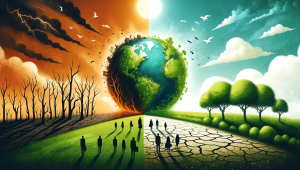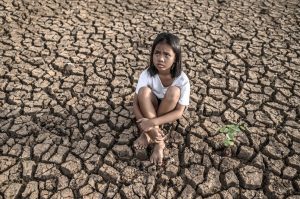
Championing Clean Air: Our Shared Responsibility
A breath of fresh air is hard to find. More than 99 percent of the world’s population now breathes unhealthy air, and poor air quality is linked to 1 in 8 deaths globally. In low- and middle-income countries, the statistics are worse. India had a staggering 99 of the top 100 worst polluted cities in the world in 2019, and populations in South Asia and Africa face the highest burden of disease related to air quality. Air pollution has ripple effects on everything from health, to economic growth, to the climate crisis.










